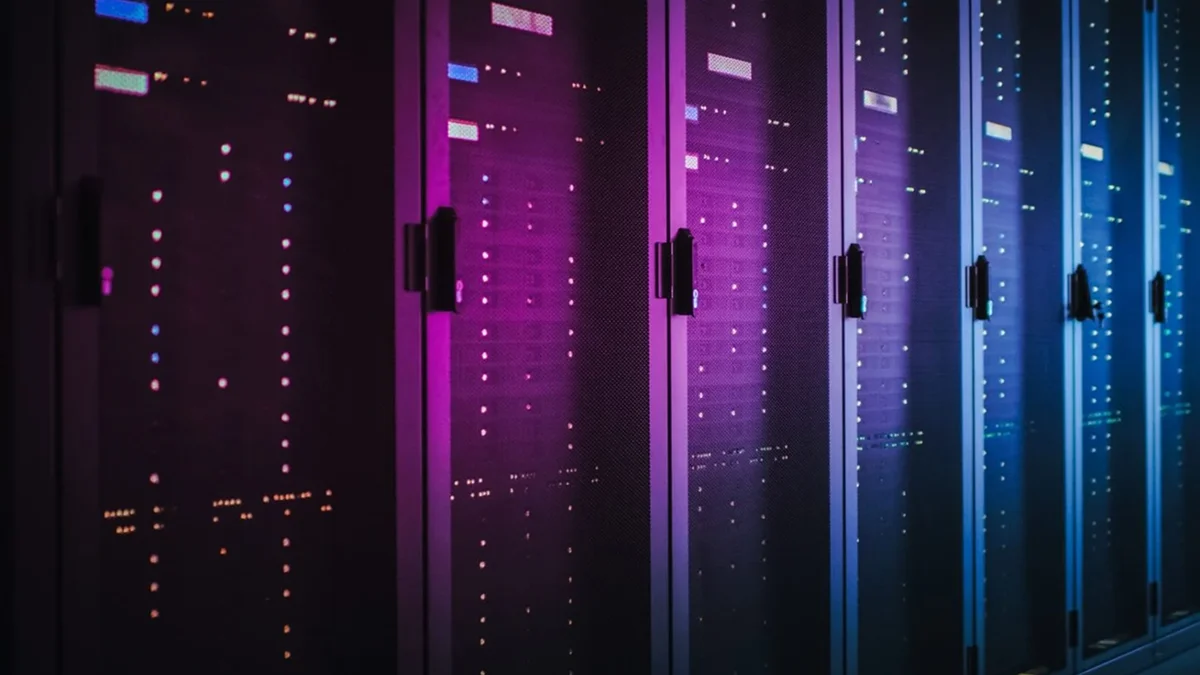Necessary Always Active
Necessary cookies are required to enable the basic features of this site, such as providing secure log-in or adjusting your consent preferences. These cookies do not store any personally identifiable data.
|
||||||
|
||||||
|
||||||
|

The UK has launched Isambard-AI, the most powerful supercomputer in the country. According to UKTechNews, the Isambard-AI supercomputer, which is managed by the University of Bristol, is now operational.
UK’s Technology Secretary Peter Kyle switched on the supercomputer as the government announced new AI plans. The AI machine will be part of Britain’s public AI computing capacity alongside the Dawn, a computer developed in Cambridge. The supercomputer will give UK researchers access to high levels of computing power, which is a key requirement in training generative AI models.
Making the high-performance machine public means that it will be used for public projects like reducing waiting lists at the NHS and creating new tools to fight climate change. The Bristol-based Isambard-AI will also support a range of other applications, including research on cancer diagnostics and clean energy innovations.
“We put the most powerful computer system in the country into the hands of British researchers and entrepreneurs. Isambard-AI doesn’t just close the gap with our international competitors – it propels the UK to the forefront of AI discovery,” Secretary Kyle said.
Bristol University Vice Chancellor and President Professor Evelyn Welch said her university was proud to be home of the most powerful supercomputer in the UK.
“This is a pivotal moment for AI in the UK and the University of Bristol is proud to be at the heart of it. We have a long history of AI research, innovation and education and now we are home to the UK’s most powerful AI supercomputer,” Professor Welch said.
The UK’s launch of the Isambard-AI pushes the country back to the top 10 list of nations in public supercomputing. This is the highest that the country has ranked since 2022. As part of its driving economic growth, the UK government continues to spotlight scientific research and support commercialization of new technologies.
The country is looking to increase its compute capacity to 420 AI exaFLOPS by the year 2030. According to the team at AI Research Resource, this capacity is equivalent to a billion people spending more than 13,000 years doing what the supercomputer can accomplish in just a second.
“With our AI Research Resource now fully up and running, the UK is home to the raw computational horsepower that will save lives, create jobs, and help us reach net zero ambitions faster.”Secretary Kyle added.
Researchers based at the University College London have already started using Isambard-AI to build tools that are needed to support cancer screening at the NHS.
“We have delivered this remarkable national facility at pace, in just under 24 months. It will expand the UK’s compute capacity fivefold, working at speeds 100,000 times faster than an average laptop. We will soon see Isambard AI deliver transformational research and breakthroughs that will ultimately improve people’s lives.” Professor Welch added.
Increasing the country’s compute capacity is at the heart of the UK’s AI Opportunities Action Plan. The plan is aimed to ensure that the country leads in automation globally.
Isambard and Dawn will constitute Britain’s AI research resource but will not combine their computing power. In future, this resource will include other supercomputers. The UK government plans to expand 20-fold in the coming five years.
According to Secretary Kyle, AI will facilitate “huge, unimaginable advances in the cure of disease. But it’s also going to change the workplace. In order to benefit from that, you have to be prepared.”
The UK government has already started training 1 million students on AI. In the coming years, the government plans to train 7.5 million people on the technology. Kyle allayed fears that could affect jobs in future saying the UK is already experiencing significant improvements in productivity because of the technology.
“AI is going to happen to Britain. What we can do, and what we have a choice over, is how it happens in Britain,” he said.